natural antioxidants as food and feed additives to promote
Natural antioxidants as food and feed additives to promote
Natural antioxidants as food and feed additives to promote health benefits and quality of meat products: A review Author links open overlay panel Jiang Jiang a Youling L. Xiong a b Show more
Send Inquiry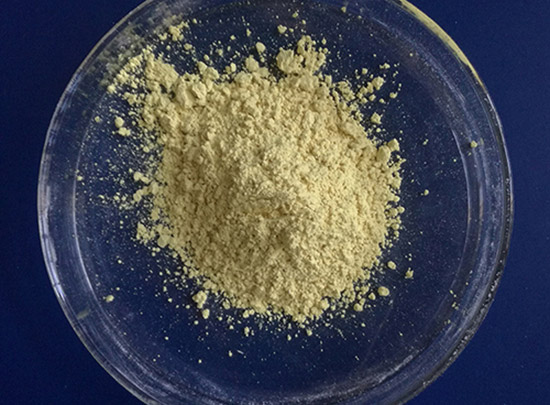
Natural antioxidants as food and feed additives to promote
Natural antioxidants as food and feed additives to promote health benefits and quality of meat products: A review Author links open overlay panel Jiang Jiang a Youling L. Xiong a b Show more
Send Inquiry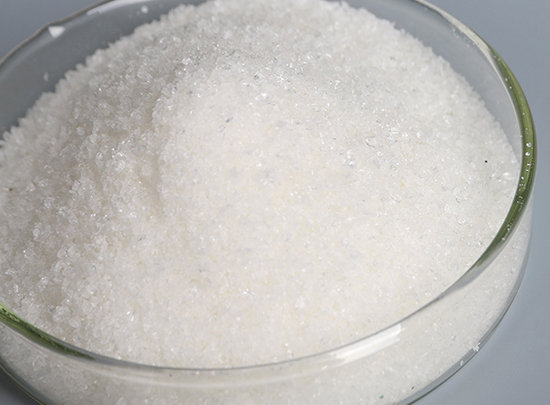
Natural antioxidants as food and feed additives to promote
The present review discusses the involvements of lipid and protein oxidation in meat quality, nutrition, safety, and organoleptic properties; animal production and meat processing strategies which incorporate natural antioxidants to enhance the nutritional and health benefits of meat; and the application of mixed or purified natural antioxidants to eliminate or minimize the formation of carcinogens for chemical safety of cooked and processed meats.
Send InquiryNatural antioxidants as food and feed additives to promote
Natural antioxidants as food and feed additives to promote health benefits and quality of meat products: A review Article in Meat Science 120 · April 2016 with 325 Reads How we measure 'reads'
Send InquiryWhat is a natural antioxidant and why is it useful in food
There are different types of food additives, and among them we find the group of antioxidants. From that definition, what is a natural antioxidant? Natural antioxidants are naturally occurring additives that aim to delay the oxidative rancidity of the product to make its conditions optimal for a longer period of time.
Send InquiryNatural Antioxidants as Food Preservatives | Brunswick Labs
Natural Antioxidants as Food Preservatives. Plant phenolic extracts are often used in preservation of seafood, meat, fats and oils. Ascorbic acid is used in preservation of juices, cereals, jams, cured meats and some canned foods, while tocopherols found their applications in preservation of cereals, meat and poultry products, butter, oils, and dairy products.
Send Inquiry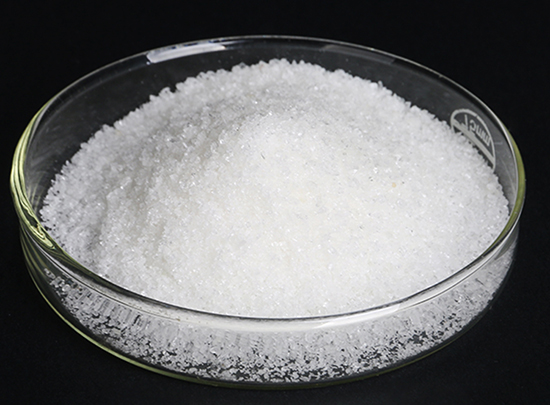
Natural Antioxidants Market Size, Share | Industry Growth
Vitamin E is extensively used as an additive in manufacturing animal feed as the antioxidant cannot be naturally synthesized by pigs and poultry. Thus, vitamin C is used extensively across feeds to promote animal growth.
Send InquiryEnhancing the quality and lipid stability of chicken
Using synthetic or natural antioxidants is a major strategy used to prevent lipid oxidation. The current trend in the food industry is using natural additives in preference to synthetic additives . The growth of the animals and the antioxidant potential of the meat from these animals can be improved by the addition of antioxidants as dietary supplements to animal feed.
Send Inquiry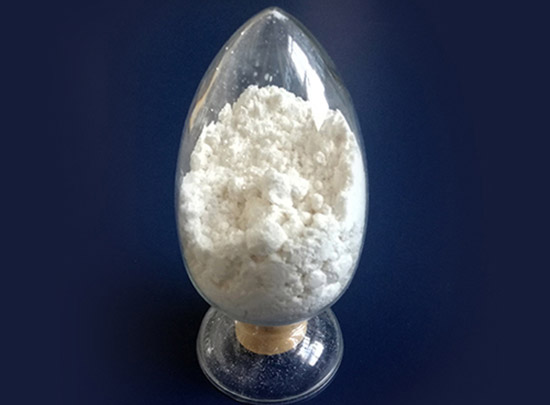
Feed Additives | Cargill
Feed additives that drive results. Feed additives & functional feed play an increasingly important role in animal nutrition as livestock producers seek new sustainable and natural ways to enhance performance, improve gut health, optimize feed conversion, reduce and replace antibiotic growth promoters (AGP) in feed, and address consumer demands.
Send Inquiry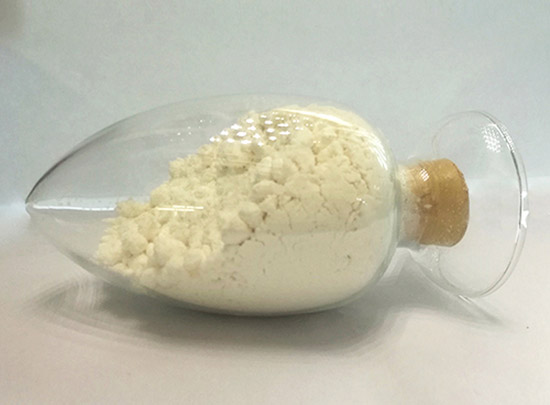
Chapter 10. Antioxidants in Compounded Feeds
5. LEVEL OF ANTIOXIDANT USAGE IN FEED. The U.S. Food and Drug Administration permits the following levels of antioxidant in finished feed: (a) ethoxyquin (1,2 dihydro-6-ethoxy-2,2,4- trimethy quinoline): 150 ppm, (b) BHT (butylated hydroxytoluene): 200 ppm, and (c) BHA (butylated hydroxyanisole): 200 ppm. 6. OTHER EFFECTS OF ANTIOXIDANTS IN FEED
Send Inquiry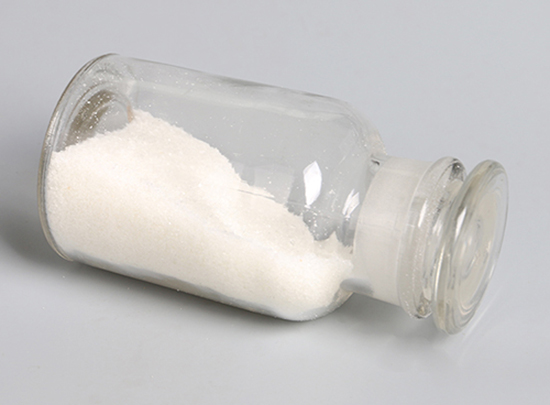
Natural antioxidants as food and feed additives to promote
School of Food Science and Technology, and Synergetic Innovation Center of Food Safety and Nutrition, Jiangnan University, Wuxi, Jiangsu 214122, China.Evidence from recent studies suggests free radical pathways as a plausible mechanism for toxin formation, and antioxidants have shown
Send InquiryFood Additives and Ingredients Association | Antioxidants prevent
Many antioxidants occur naturally in fruit and vegetables, many of which are flavonoid compounds such as quercetin inThese are some examples of antioxidant food additivesIts main food use is in products that contain oils and fats. Tocopherols (E306) are natural antioxidants which are forms
Send Inquiry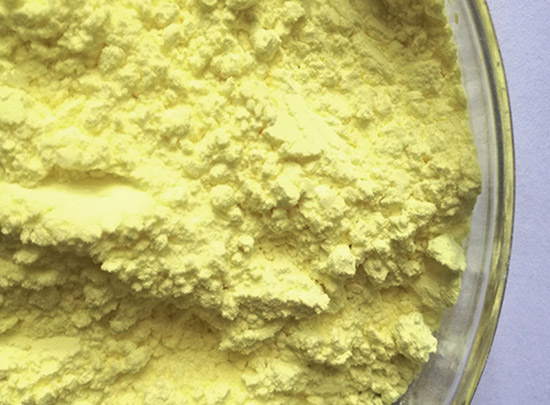
Advances in use of natural antioxidants as food additives for
Addition of synthetic antioxidants to combat oxidative damage has the potential to cause adverse health effects and thus remained a challenge to the meatThis review provides the current overview of the recent advances on plant materials used as natural antioxidants in meat and meat products.
Send InquiryAntioxidants, Antioxidant Foods, Antioxidants Foods
Find out all about antioxidants, antioxidant foods, antioxidants foods and antioxidants benefits. Get the list of antioxidant food additives with major antioxidants in food.Antioxidants are used as food additives to preserve food for a longer period of time.
Send Inquiry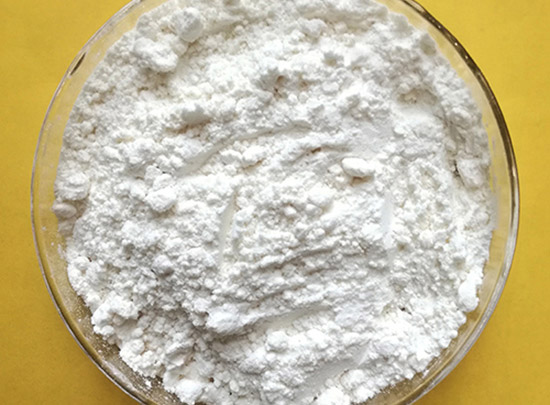
Natural Antioxidants as Food Preservatives | Brunswick Labs
Natural antioxidants have a long history of use in various industrial applications. In the late 19 th and 20Several important factors must be considered in utilizing natural antioxidants as foodOthers are considered to be indirect additives and the solvents permitted in the extraction process, as well
Send Inquiry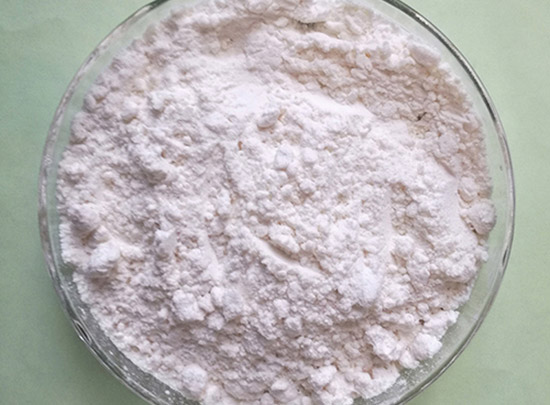
Why Is Using Antioxidants in Food Important?: (EUFIC)
Man-made antioxidants are used as well as natural ones. The most important artificial antioxidants belong to the group of gallates (E 310-E 312).These legislations require all added antioxidants, as all food additives, to be declared on food packaging by their category (antioxidant, preservative
Send InquiryFeed Additives - an overview | ScienceDirect Topics
Feed additives include: • technological additives, e.g., preservatives, antioxidants, emulsifiers, stabilising agentsVitamins and minerals often promote an immune function, but these areFood and feed additives may be natural, nature identical, or artificial. The main groups of additives are
Send Inquiry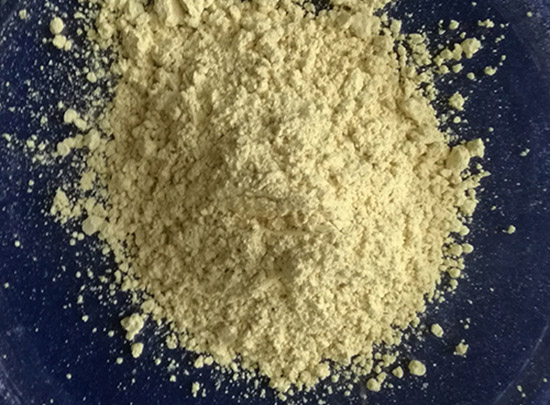
Antioxidants Explained in Simple Terms | Antioxidants in foods
However, antioxidants are also found in food, especially in fruits, vegetables, and other plant-based, whole foods.Several lifestyle, stress, and environmental factors are known to promote excessive free radical formation and oxidative stressTherefore, they’re frequently used as food additives.
Send Inquiry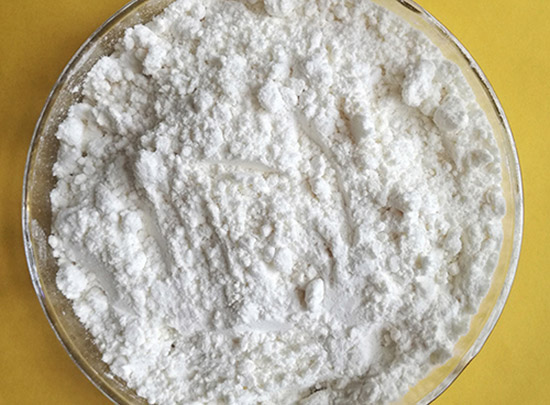
Antioxidants | Free Full-Text | Natural Phenol Polymers: Recent
The potential of natural phenol polymers in regenerative biomedicine as additives of biomaterials to promote growth and differentiation of osteoblasts is also discussed.Panzella L, Napolitano A. Natural Phenol Polymers: Recent Advances in Food and Health Applications. Antioxidants.
Send Inquiry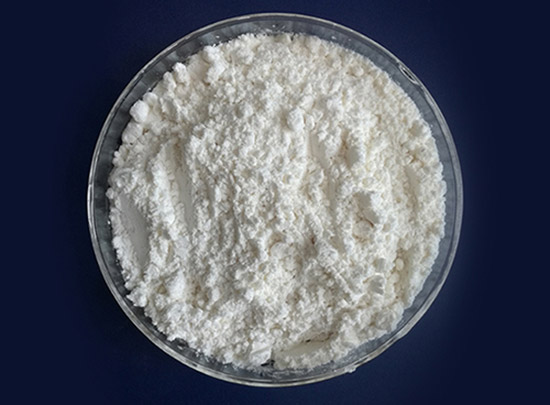
List of antioxidants in food
This is a list of antioxidants naturally occurring in food. Vitamin C and vitamin E – which are ubiquitous among raw plant foods – are confirmed as dietary antioxidants
Send Inquiry